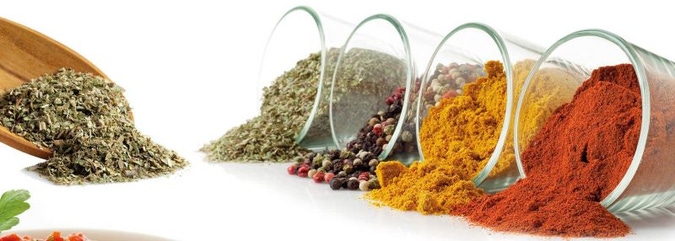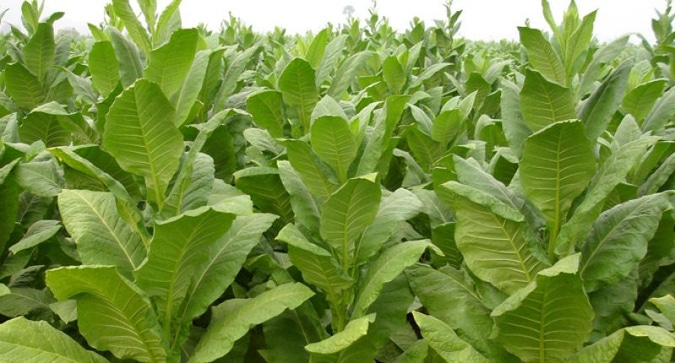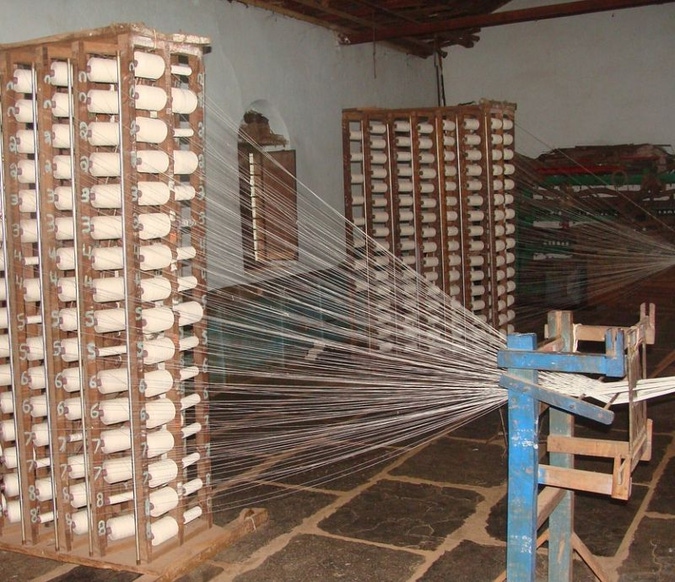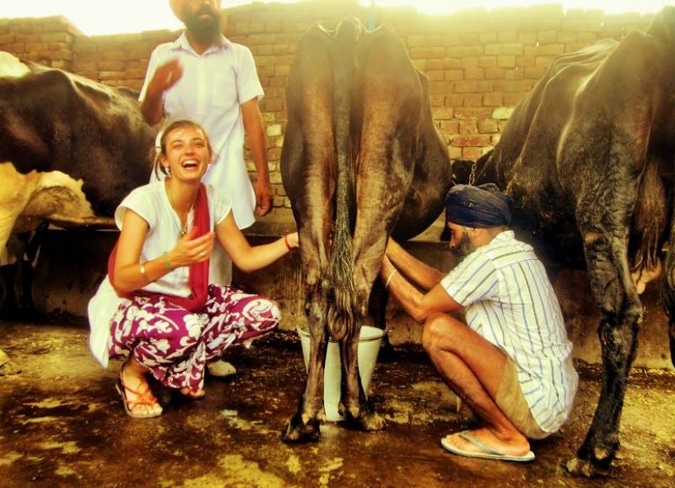How Indian Traditional Businesses Can be Made Attractive via Online Presence Times are rapidly changing and so is the business model for every business.
Opinions expressed by Entrepreneur contributors are their own.
You're reading Entrepreneur India, an international franchise of Entrepreneur Media.

Indian traditional businesses, which have grown over the years, are unfortunately diminishing their presence among the barrage of young startups these days. For decades, small businesses like tea plantation and exports, spices business, dairy milk, tobacco products, food processing and textile businesses have made their robust base, as each one of it has a large number of consumer base in its marketplaces.
With the emergence of an abundant number of tech-based startups in country, we see a shrinking phase of the oldest businesses of India, which apparently seem out of talks in business. Since a large number of employment is connected to these traditional businesses, industry players need to do some smart work with hard work to revive their declining growth of business.
Times are rapidly changing and so is the business model for every business. One of the major verticals where this change has brought about a whole new model of success is the online world of business. While industry players are facing a lot of fluctuations in market due to unpredictable moves of government, many of the Indian industrial boards are aiming to place home-grown brands into global markets.
Check out what these #7 industrial boards in India are aiming to make traditional businesses look snazzy.
Tea Board India
A largely unorganized sector of tea business in India is in the making of an organized one to woo its large number of consumer base globally. With large number of demand and production in tea market, the Indian Tea Board is promoting tea business with excellent schemes to route them into global markets. There are ongoing discussions about setting up an Integrated Tea Park close to the Dharma Port in Odisha, to organize tea business with facilities like warehousing, packaging, blending, testing and allied activities.
Spices Board of India
The business of conventional spices in India is definitely an ever-lasting idea. The Indian Spices Board is aiming to change the contours of this unconventional sector by banking on premium spices and value added products like spice chocolates, mouth freshners and cosmetic products. The Board is partnering with the companies selling premium spices under the brand name of "Flavourit' in International markets. This initiative of Indian Spices Board aims to sustain the passion of spices with the commitment of health and wellness of people.
With huge range from conventional spices to organic spices to herbs and essential oils, "Flavourit' is aiming big for home grown brands in this sector as well.
Tobacco Board of India
India is considered as the second largest producer of Tobacco products after China in world. However, in the $30 billion market of tobacco in world, India just holds a meagre 0.7% share in market. Here comes a question, what is putting India behind China in the trade of tobacco products with such huge amount of difference? There are surely varied factors, but Indian Tobacco Board is maintaining the equilibrium with a right pace in market.
With more of online presence through campaign trails, the industry players in this sector could grow their market size by hitting a large amount of consumer base in foreign markets.
Khadi and Village Commission of India
Indian Khadi industry has seen an upsurge in its sale and value from the time of General Elections 2014. In an unprecedented online presence of Khadi, the "Fab India' initiative of KVIC has actually given Khadi a breathe in Indian textile market. Also, the Indian E-Commerce startups dealing specifically in textile space have been promoted and praised widely by the industry board.
Dairy Board of India
India is prominently the highest producer of milk in the entire globe. In India, more than 10 million dairy farmers belong to 96,000 local dairy cooperatives, who sell their product to 170 milk producers' union, according to the data of Indian Dairy Industry. The National Dairy Development Board is currently leaving no stone unturned to change the face of Indian dairy industry. Keeping all the risk factors in mind of climatic change and animal husbandry, this industry board has made this sector organized in over these years.
NDDB has also recently announced the fortification of foods, which can address the nutritional value of millions.
Textile Board of India
With one or the specialty in hand-made textile industry in every state of diversified India, there is a humongous amount of opportunity in textile market. The current slump in textile industry is seemingly the time to revive its growth by making textile available digitally for overseas demand. With the changing times and dynamics of market, the Indian textile board is now helping small biz owners to reach global clientele by offering optimum customer acquisition cost. All one needs to do is register on stock lot buyer, which is a direct link to textilestock.in.
Water Board of India
The future prospects of the growth of bottled water in India have touched an impressive scale in over the years. With more consumption and a growing demand in market, the statistical data of the source Euromonitor says that there is a much larger scope to gain a momentum in this market by Indian companies and traders. This unorganized sector is picking up from an unorganized to organized part.

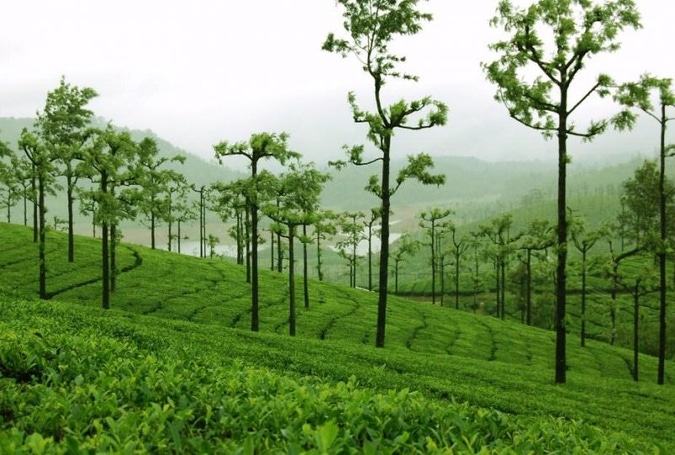 TeaBoardIndia
TeaBoardIndia